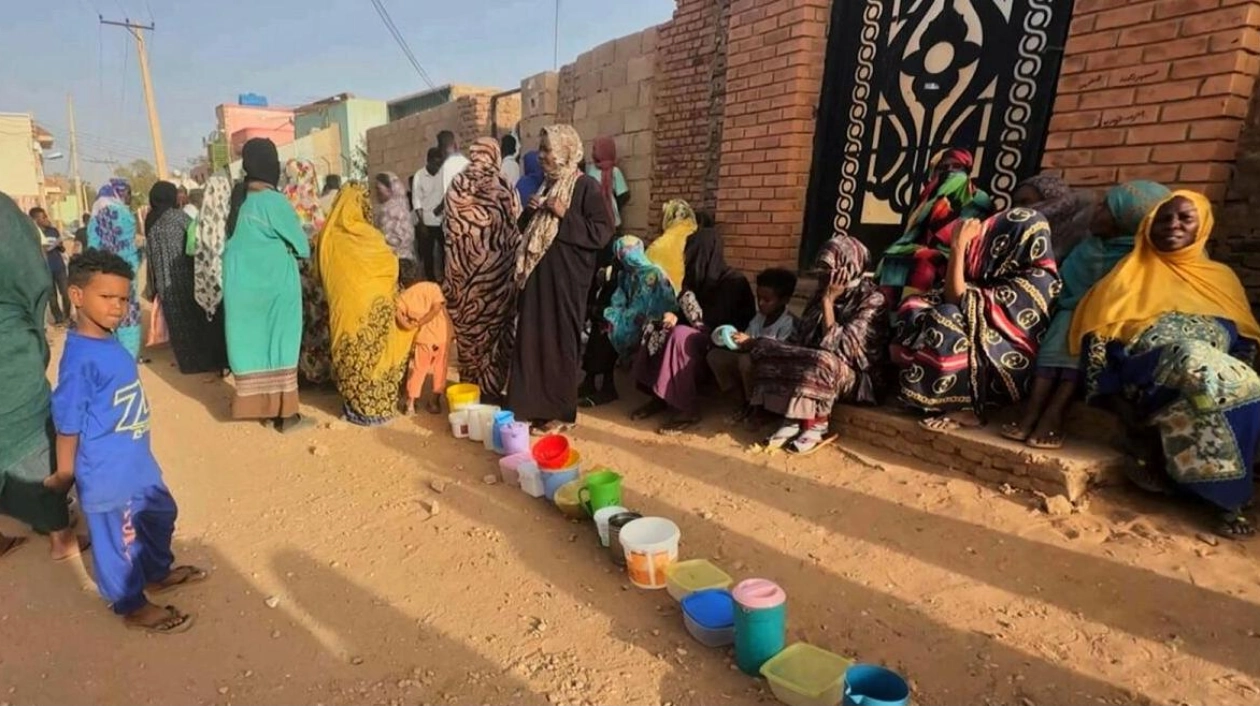A UN report released on Wednesday indicates that the goal of eradicating global hunger by 2030 is increasingly unattainable, as the number of individuals experiencing chronic hunger has remained largely unchanged over the past year. According to the annual State of Food Security and Nutrition in the World report, approximately 733 million people faced hunger in 2023, representing one in 11 globally and one in five in Africa, due to conflicts, climate change, and economic crises.
David Laborde, director of the division within the UN Food and Agriculture Organisation (FAO) responsible for preparing the report, noted that while some regions have made progress, the global situation has worsened. "We are in a worse situation today than nine years ago when we launched this goal to eradicate hunger by 2030," he told Reuters, highlighting the escalating challenges posed by climate change and regional wars. The report warns that if current trends persist, about 582 million people will be chronically undernourished by the end of the decade, with half in Africa.
The broader goal of ensuring regular access to adequate food has also stagnated over the past three years, with 29% of the global population, or 2.33 billion people, experiencing moderate or severe food insecurity in 2023. Stark inequalities are evident, with 71.5% of people in low-income countries unable to afford a healthy diet last year, compared to 6.3% in high-income countries. Poor nutrition, though less visible than famines, can have lifelong detrimental effects on physical and mental development in babies and children, and make adults more susceptible to infections and illnesses.
Laborde mentioned that international aid related to food security and nutrition totals $76 billion annually, which is 0.07% of the world's total annual economic output. "I believe we can improve in delivering on the promise of a world where no one is hungry," he stated. Regional trends differ significantly, with hunger on the rise in Africa due to population growth, numerous conflicts, and climate disruptions, while Asia has seen little change and Latin America has shown improvement.
FAO's chief economist Maximo Torero highlighted that South America's well-developed social protection programs enable effective interventions to rapidly reduce hunger. In contrast, Africa has not demonstrated similar progress. The United Nations advocates for a change in the financing of the anti-hunger initiatives, calling for greater flexibility to ensure aid reaches the countries most in need. "We need to change our approach to be better coordinated and more focused on specific actions and regions," said Laborde.
The report is a collaborative effort by the Rome-based FAO, the UN's International Fund for Agricultural Development, UNICEF, the World Health Organisation, and the World Food Programme.






